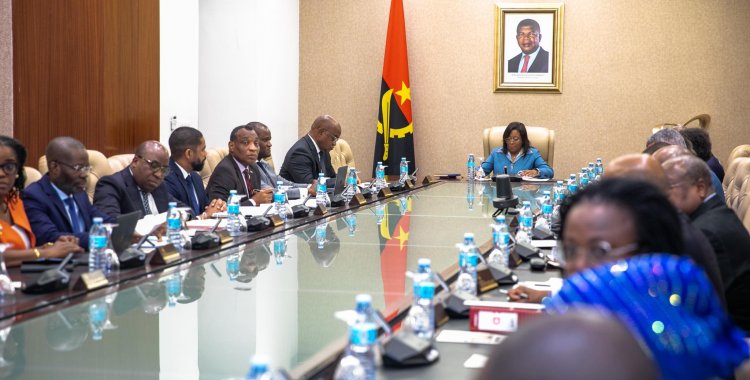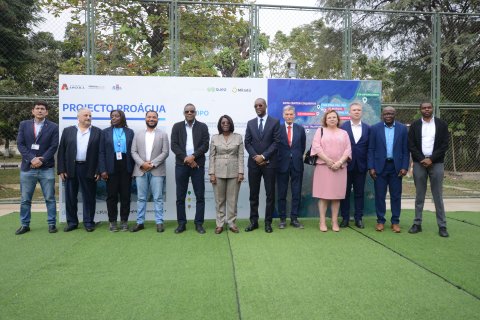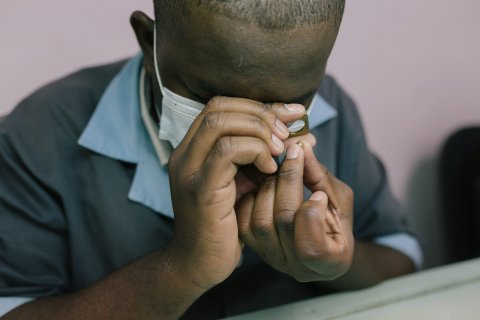The government, in a statement that VerAngola had access to, reports that it has considered "the proposal to create two new environmental conservation areas, namely Serra do Pingano and Morro do Moco, in the provinces of Uíge and Huambo, respectively, to preserve the ecosystem and reinforce the country's commitment to protecting biodiversity."
The measure, the statement states, is part of the National Environmental Conservation Agenda and "aligns with Angola's international commitments."
"According to the document, Serra do Pingano represents an important tropical rainforest habitat, approximately 61 kilometers long, encompassing the municipalities of Uíge, Quitexe, and Ambuíla, the latter holding the largest portion of the area," the statement reads, adding that Morro do Moco, "the highest point in Angola, at 2620 meters above sea level, contains remnants of Afromontane forest rich in biodiversity and is a key location for birdwatching."
On the occasion, the Secretary of State for the Environment, Yuri Santos, stated that these areas contain "endemic and endangered species, such as the mountain francolin, the Angolan flycatcher, and the mountain hummingbird," warning of "the negative impacts of poaching, deforestation, fires, and human-animal conflicts."
Therefore, he considered it "imperative" to create these two conservation areas: "The creation of these two conservation areas is imperative, in alignment with Angola's international and national commitments, related to the National Development Plan, in which we have a goal of creating three conservation areas by 2027."
The official also emphasized the "importance of ecotourism and the valorization of endogenous natural resources."
Another topic discussed at the meeting was the proposed Presidential Decree that "establishes regulations on the production, import, and sale of plastic products, with a view to their progressive elimination by 2027."
The country produces approximately 19,000 tons of waste per day, "29 percent of which is plastic, a situation exacerbated by a recycling rate of less than 10 percent."
According to Yuri Santos, "among the nine items identified for disposal are plastic bags with a thickness of less than 50 micrometers, straws, cotton swabs, and disposable plastic utensils, all considered highly polluting and already with viable alternatives on the national market."
In the first phase, he reported, supermarkets and commercial establishments will have one year to end the "sale and free distribution of non-recyclable plastic bags, which will then be charged for, while the production of these items will be prohibited in the industrial sector, which will have to adapt to new sustainability standards."
"For the governor, the National Environmental Education Strategy will be fundamental to the success of the measure, with the goal of raising environmental awareness among 80 percent of citizens by 2050, with a special focus on waste management and collective responsibility for the environment," the note reads, adding that these new measures "rely on the active participation of the private sector, civil society, and academia, which collaborated in the development of the legal instruments under discussion."
According to the Secretary of State, it is a "participatory and comprehensive approach to ensure greater effectiveness in its implementation."
The proposals, the note states, will be sent to the Council of Ministers for consideration.







